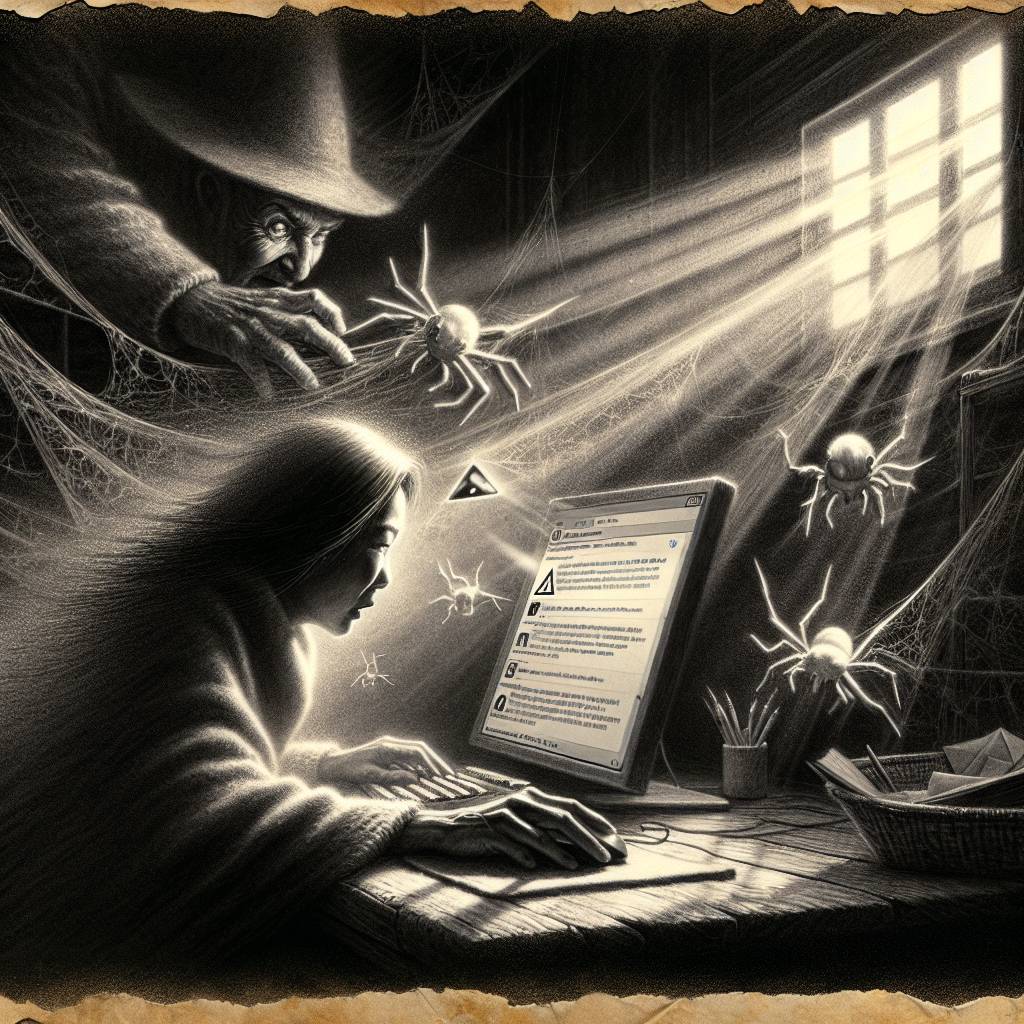New Phishing Scam Unzips Trouble: How Clicking Can Wreck Your Security
Using a Windows shortcut file to spread malware is like using a spoon to eat soup—unexpected but effective. This new phishing campaign hides malicious code in familiar-looking ZIP archives, fooling even seasoned users. So, next time you see a “certified” document, remember: it might certify your computer’s doom!

Hot Take:
Phishing scams are the catfish of the cyber world—always showing up as something they’re not. This latest wave is no different, with its identity-themed bait that lures you in with the promise of important documents, but delivers a nasty surprise instead. It’s like being promised a gourmet meal and getting a plate of stale spam instead. Stay vigilant, folks! That “passport scan” might just be your ticket to malware city.
Key Points:
- Blackpoint Cyber has detected a new phishing campaign exploiting users’ trust in sensitive documents.
- The attack utilizes identity-themed phishing archives such as fake certified documents and payment files.
- Malicious Windows shortcut (.lnk) files trigger hidden scripts to download harmful payloads.
- Attackers employ ‘living off the land’ tactics to blend malicious activities with legitimate Windows operations.
- Anti-virus evasion techniques are used, choosing different payloads based on the presence of security software.
Already a member? Log in here
